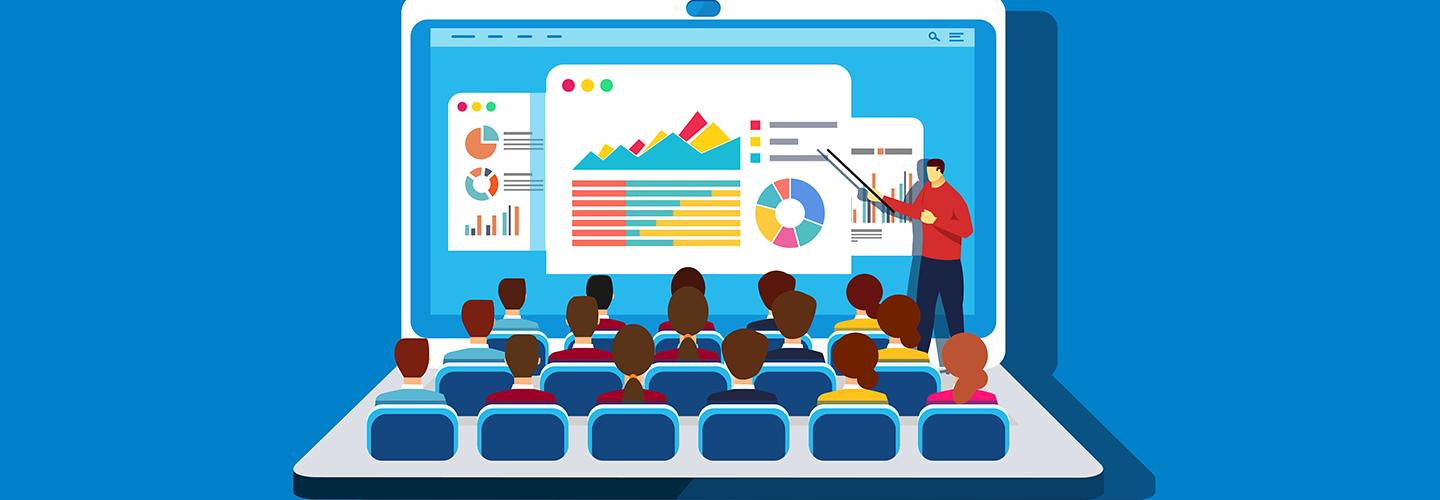17 questions to ask during an interview with a technology professional
Most hiring managers know they have to look beyond a candidate’s technical skills to fill an IT position. Personal skills and a sense of initiative, for example, are equally important factors to consider. And to extract that kind of information, you’ll need to put resumes aside and come up with a series of relevant questions to ask the top candidates.
Predictable questions like “Where do you see yourself in five years?” will probably not enlighten you. No more than a series of questions with the answer yes or no. In order to determine if a person is suitable for the job, you need to get them to speak, ask a series of technical and situational questions, and listen carefully not only to what they are saying, but also how they are saying it.
Want to know if this person has the technical skills and the drive to succeed in this role – as well as the interpersonal skills to thrive on your team? Here are seventeen questions to ask a tech professional to help you make a decision:
1. What online resources do you use to help you in your work?
Most IT workers refer to websites like StackExchange or Github when they need help. Serious professionals will have their own selection of websites, online communities, social networks, and other resources that match their interests. The answer to this question will give you a good idea of the candidate’s commitment to the IT world in general.
2. How do you keep your technical skills up to date?
Tech professionals go to great lengths to keep their knowledge up to date by reading blogs and forums, taking online courses, participating in programming marathons, and continuing to take care of personal projects in TI. This question can help you gauge the candidate’s enthusiasm for the profession, as well as start a conversation about professional development.
3. Act like I’m not a techie. Can you explain to me [a relevant word in tech] in layman’s terms?
IT plays a vital role in almost any business, the ability to communicate with people who lack technical skills is essential. This technical question can help you assess the communication skills of candidates. Did they avoid obscure acronyms and technical jargon? How well can they break down a complicated process? Try asking a few “silly” follow-up questions to find out how they would interact with colleagues who don’t have technical skills.
4. What do you think are the main strengths of a developer [or other relevant IT role]?
A question like this can lead the candidate to give their vision of the position to be filled and what they think they can bring to it. Some candidates will showcase their technical skills and IT certifications, while others will talk more about problem-solving, attention to detail, communication and other general work skills. Look for IT candidates who give a balanced answer.
5. Name the three words your colleagues would use to describe you.
The answer will give you clues about a candidate’s personality traits that neither a resume nor standard interview questions can easily reveal to you. You will also have a good idea of the candidate’s vision of himself and the position for which he is applying. For example, if her answer focuses on her creative flair, but the position is very analytical in nature, the position may not be right for her.

6. Can you tell me about a time when things didn’t go the way you wanted at work, like a project that went wrong or a promotion that you missed?
Everyone faces a professional setback at some point in their career. What you want to know is the person’s reaction to these situations, and the lessons they have learned from them. The best people are resilient and turn setbacks into stepping stones to improve. So you need to listen not only to the problem they are talking about, but also what they did after the disappointment.
7. What computer tools do you prefer and which ones you like the least? Why?
In addition to learning if the candidate likes the hardware, operating system, and software your business uses, you can measure their enthusiasm and knowledge. Does the candidate get excited when you talk about the pros and cons of certain tools? Does he admire high-level engineering, a sleek design, an intuitive user experience, or some other aspect of quality technology?
8. What are the advantages and disadvantages of working in an agile environment?
Most IT teams have embraced the Agile environment in some form – the current preferred system development lifecycle methodology – which means lots of quick meetings and a constant flow of feedback from team members. A candidate’s answer to this question can tell you not only their level of understanding of this popular environment, but also their attitude towards collaboration and communication.
9. How do you think new technological advances will affect your job?
Advances in technology continue to change most IT jobs. How aware is the candidate you are interviewing? For example, does he know that automated testing is a critical part of DevOps, resulting in faster development cycles and deployment? A candidate can talk about the automation tools they use or the challenges of working with machine learning and big data. He can also discuss artificial intelligence projects he hopes to work on. This question is a great way to start a conversation about trends and advancements in the field, and it will also give you an idea of the candidate’s long-term vision for their position.
10. Tell me about a tech project you work on in your spare time.
You want to hire an IT professional who devotes personal time to side projects. Why? These people are motivated and curious, which in turn keeps their skills up to date. Ask the candidate how they stay motivated, what interests them about the project and what their ultimate goal is. If he can demonstrate an application or website he has developed, so much the better.
11. Describe the last presentation you gave?
Today’s tech professionals can’t be lonely. They need to discuss changes with their colleagues, work in coordination with other departments, advocate for the platforms they prefer and more. Even though many people don’t like speaking in public, your new hire should be able to conduct research, put together a strong presentation, and persuade interested parties about why X is better than Y. .
12. What are the qualities of a good team or project leader?
Always be on the lookout for leaders, even when it’s recruiting not for a management position. The nature of IT work means that people will often need to take responsibility for getting projects done, and this requires leadership skills, such as organization, motivation, positivity, delegation and communication.
13. What skills or characteristics make a teleworker effective?
This is an important question to ask. Teleworkers need to be autonomous people, able to work with little supervision. He must demonstrate excellent communication skills, as well as self-discipline and exceptional time management skills. Not everyone has these qualities, and working outside of an office does not stimulate everyone. Make sure the new hire will be both productive and comfortable working remotely.
14. What do you want to accomplish in the first six months after you hire?
The answer to this technical interview question depends on the position. A developer, for example, may hope to have developed a small project during this time, while a CTO may want to have analyzed internal processes. A candidate’s response will tell you their level of general understanding of the position. If his goals and ambitions don’t match the job description, then this position might not be for him.
15. How do you manage tight deadlines?
IT teams often face enormous time constraints. You need someone who can work under pressure efficiently and accurately. Ask this question of a potential employee and you will at least have an idea of how they handle stress and if they can keep pace with your company’s plans. You could also follow up by asking if he’s ever missed a deadline and, if so, how he handled the situation.

16. How do you balance work and your personal life?
Between phone call responsibilities and multiple tight deadlines, some tech professionals struggle with the culture of permanence and work dependency in this field. While you want dedicated members of your team, you should also look for employees who know how to relax and take care of them. Burnout is a very real problem in IT, and top-performing employees have good strategies in place to prevent it. Following up on the candidate’s response, you could talk about how your company promotes a healthy work-life balance – this can be very tempting for candidates who receive multiple offers.
17. Why do you want to work for us?
The person who is serious about the job offered will have researched and been able to talk about the company’s values, products and services, as well as its approach to technology. If they can’t come up with at least a few reasons why your company would suit their skills and ambitions, then they haven’t done the due diligence for a well-prepared interview.
Remember to allow time at the very end for the candidate to ask questions. It’s good for him and it’s good for you, because you’ll see what matters to him. For example, your opinion of the person might change if you feel they are overly concerned about the salary and the period of vacation accumulation during the first meeting. On the contrary, you might be impressed by someone who demonstrates business acumen and in-depth knowledge of your company’s strengths and weaknesses.




